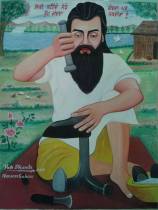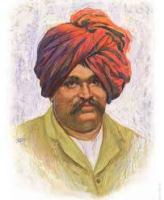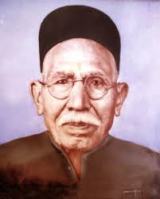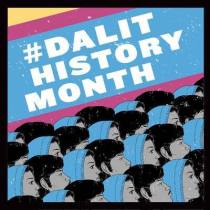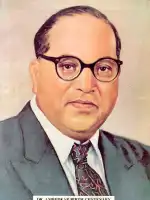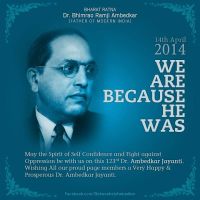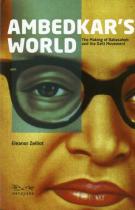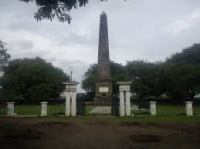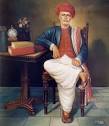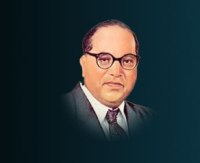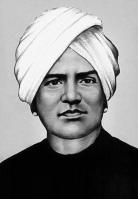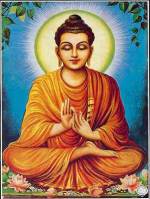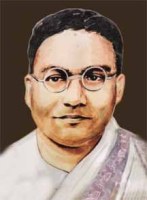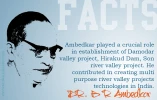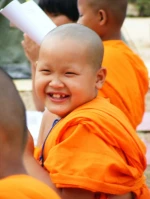Labour Day or May Day is celebrated all over the world and is a celebration of the working classes that is promoted by the international labour movements. In India if workers have gotten any right, it is because of Dr Ambedkar hence not to remember Dr Ambedkar on Labour Day will be an injustice to Dr Ambedkar’s legacy.
Dr Ambedkar’s contribution towards society is immense but almost everyone ignores the role of Dr Ambedkar as a labour leader. The Department of Labour was established in the year November 1937 and Dr Ambedkar took over the Labour portfolio in July 1942. The policy formulation and planning for the development of irrigation and electric power was the major concern. It was the Labour Department, under the guidance of Dr Ambedkar, that decided to establish “Central Technical Power Board” (CTPB) for power system development, hydel power station sites, hydro-electric surveys, analysing problems of electricity generation and thermal power station investigation.
If there is any one person who secured the rights of labourers in India, it was none other than Babasaheb Ambedkar. Without Dr Babasaheb Ambedkar, today the future of India workers would have been in pitch darkness. He is the only leader in India who was multi-dimensional and a great visionary. The so-called upper castes never gave credit to Dr Ambedkar’s contribution in building a great nation, which is today one of the biggest developing economies of the world. All this has become possible only because of Dr Ambedkar’s robust economic policies, which have saved India even in the times of great economic depressions. Be it the founding guidelines of the RBI or the principles governing any other aspect of the economy, Dr Ambedkar has given the best India could ever have had.
It was Dr Ambedkar who brought in the 8-hour working day to India, bringing it down from 14 hours. He brought it in the 7th session of Indian Labour Conference in New Delhi, November 27, 1942.
All workers should be grateful to Dr Ambedkar, especially women employees, as Dr Babasaheb Ambedkar framed many laws for women workers in India such as ‘Mines Maternity Benefit Act’, ‘Women Labour Welfare Fund’, ‘Women and Child Labour Protection Act’, ‘Maternity Benefit for Women Labour’, and ‘Restoration of Ban on Employment of Women on Underground Work in Coal Mines’.

If you are happy with your company providing you health insurance, the credit should go to Dr Babasaheb Ambedkar. Employees State Insurance (ESI) helps the workers with medical care, medical leave, physical disability caused due to injuries sustained during work, workmen’s compensation and for the provision of various facilities. Dr Babasaheb Ambedkar enacted and brought it for the benefit of workers. India was the first nation among East Asian countries to bring Insurance Act for the well-being of employees.











